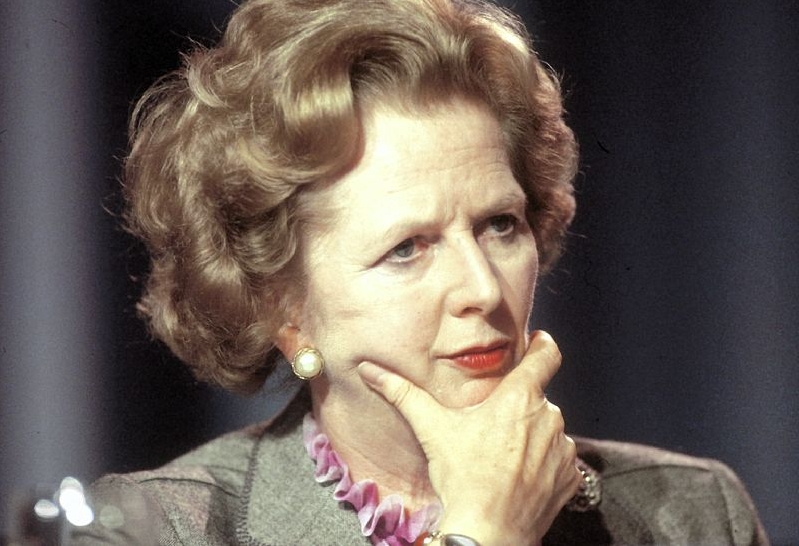
Margaret Thatcher, who died Monday at age 87, lived a life that earned her the reputation as “Iron Lady” for an underlying reason that explains her principles but is rarely mentioned in her obituaries – her devout Christian faith.
Cranmer, a British blog on religion and politics, notes that biblical worldview “was the foundation of her political program and the bedrock of her conviction for less government, lower taxes, more freedom and greater personal responsibility.”
As the first woman Prime Minister of the United Kingdom, Thatcher took power at a time when England’s government was facing bankruptcy, rising unemployment, and conflicts with labor unions.
She instituted conservative and free market policies, including welfare budget cuts, reduced trade union power and privatizing several industries, resulting in the revitalization of Great Britain.
Moreover, together with former U.S. President Ronald Reagan and Pope John Paul II, Thatcher was instrumental in bringing down the Iron Curtain, freeing Eastern Europe and liberated the world from Soviet communism.
Attempting to insult Thatcher, a Soviet newspaper referred to the uncompromising political leader as the "Iron Lady", but she characteristically wore it as a badge of honor. It inevitably became the title of the biopic starring Meryl Streep, who won an Oscar in 2012 for Thatcher debilitated by Alzheimer's disease.
On February 5, 1996, Thatcher, the first and only female Prime Minister of UK, offered advice to America while traveling through New York City in an interview with Joseph A. Cannon that was printed in Human Events.
“Biblical basis affects one’s whole view, attitude and outlook…” she said. “The notion of human rights comes from the sanctity on the individual…The Decalogue-Ten Commandments – are addressed to each and every person. This is the origin of our common humanity...Each one has a duty to try to carry out those commandments. You don’t get that in any other political creed…”
“It isn’t merely about democracy and liberty…It is personal liberty with personal responsibility,” said the former U.K. Prime Minister. “Responsibility to your parents, to your children, to your God.”
Thatcher said that one cannot fulfill these responsibilities without principles or biblical foundation. She continued that children in Britain are taught Christianity as a compulsory subject.
In her school days, children learned the hymns, prayers, and Bible readings. “It is really all locked together,” she said. “These things pass into our bloodstreams.”
To people with parents that are not practicing Christianity, Thatcher said in the interview, “It is important that people realize that history is an enormous, great and wonderful story of the fantastic efforts of man in the face of great adversity. By looking at history this way, you see that man never lost faith, no matter how terrible things were.”
Like Reagan and Pope John Paul II, Thatcher survived an assassination attempt in 1984, where the Irish Republican Army bombed a hotel where the Conservative Party conference was being held. Five people were killed and dozens injured. Thatcher undeterred delivered her speech hours later.
Despite Thatcher’s legacy in revitalizing Britain, British Parliament left-wing member made caustic comments upon news of former prime minister’s death broke.
Left-wing member of Parliament George Galloway tweeted, “Tramp the dirt down.” In addition, the Daily Mail reports, “A Facebook campaign has been launched to take the Judy Garland song ‘Ding Dong! The Witch is Dead’ to number one following Margaret Thatcher’s death.” Cheers erupted at the National Union of Students’ annual conference when Thatcher’s passing was announced.
In an email statement, American Value President Gary L. Bauer, who served eight years under Ronald Reagan’s presidency, said that these reactions reminded him of the “shocked political left in America that could not understand the massive crowds that lined the streets to see Ronald Reagan’s casket go by after his passing in 2004.”
“Thatcher, Reagan and Pope John Paul II were the greatest world leaders of the post-World War II era. We desperately need three more like them today,” he wrote.






